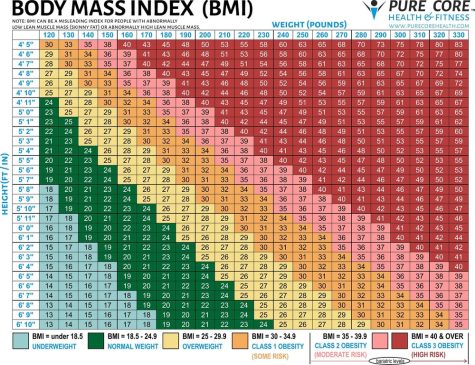Not Everyone Wants to be Albert Einstein
How the pandemic has affected many student’s abilities to learn math.

At Canyon High School, there are a multitude of math classes. Within this range of math classes, there are regular, honor, and AP classes. Many students will either take each of these classes or stick to just one in particular. However, sticking to one can cause remarks such as, “you are not smart enough” or “you are too smart.” When it falls down to one of the two being said it’s likely, “you are not smart enough.”
Ever since the pandemic began, students have been falling behind in math and have been struggling with learning the material. Having no ability to work with other peers in person, work with a teacher, or being able to be tutored, took so much away from the students who learned the different types of skills through these experiences. These students were not able to have the learning suited to their needs, as all of this was online and in their own homes. It also means that at the same time, teachers had to adapt to this new way of teaching and create new forms of learning that could be more accommodating for students.
The issue is that because learning was primarily online, this type of learning was working for only a small number of students, but not all. Many students can agree that throughout the time of online schooling, they did not remember much of what they were learning as there was no class discourse or special moments, like how you would typically experience during a traditional classroom setting. These moments not only improve your relationships with your peers, but also create an environment where learning your math skills is one of enjoyment and understanding. As many students were stripped of these experiences and “catered learning” during this time of online learning, it took away an ability to have the skills needed to do the math itself.
It can also be said that a portion of the student’s ability to comprehend math is through the exposure that they have through their home life. If a student’s family is exposing them to more math problems and numbers at an early age, they gain the confidence to try to go farther in math itself and attempt more math. Most students do not gain that exposure created by their home life to feel confident in themselves when attempting math problems.
At the end of the day, students more than ever need to feel more confident and have more exposure to math in order to succeed at the highschool level and beyond. It does not mean taking AP Statistics if you know you will not succeed in that class, but to take a class you are confident in and comfortable with knowing you will be able to succeed. Not everyone can be at an Einstein level of comprehension, but that does not make you any less of a person.









